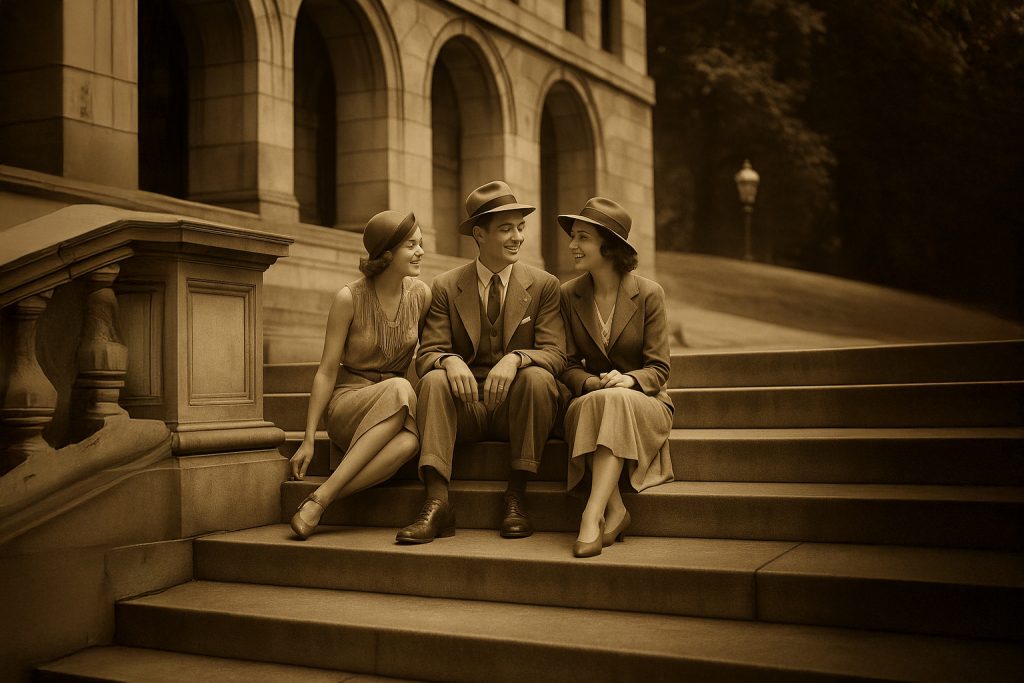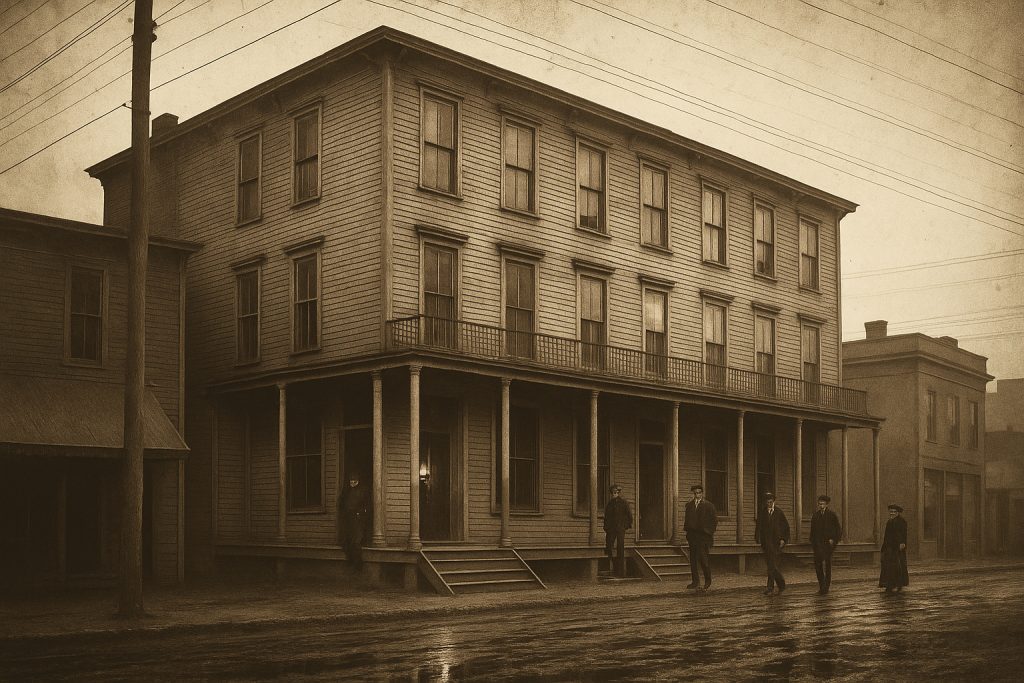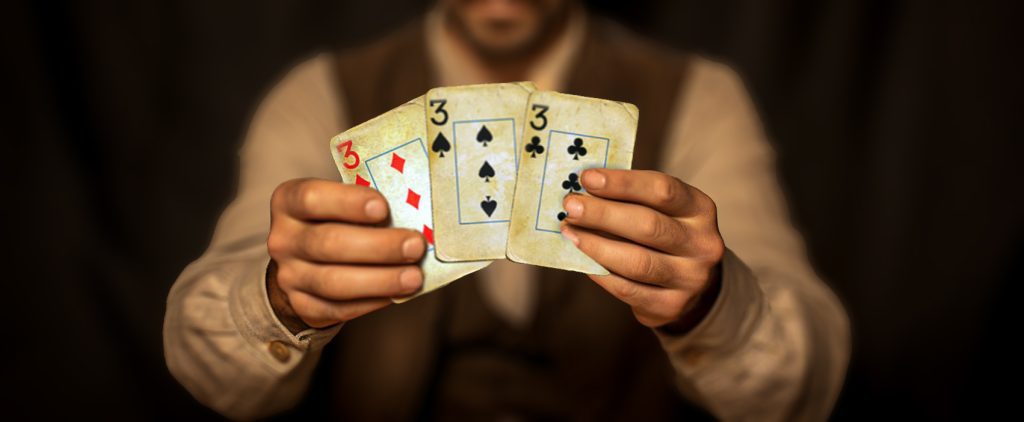Table of Contents
April 1921 – Magnolia, Arkansas
On a tip that rum runners were having an easier time moving liquor into New Orleans, Lefty headed down South to make some connections. A new liquor route through Louisiana would mean less interference from the bosses in Chicago, New York, or Atlantic City—no middlemen, no cuts, and full control over the shipments and profits.
Born Francis Dalton Miller, Lefty had been working under Dean O’Banion, the boss of Chicago’s North Side. Meanwhile, Johnny Torrio—Al Capone’s mentor—ran things on the South Side.
Arkansas, Tennessee, and Louisiana were far enough south that they were still open territory. That meant opportunity. Lefty and his crew planned to build relationships and establish outlets in several key towns.
They had already made stops in Memphis and Hot Springs, scouting locations and talking with potential buyers. Shreveport was next on the list.
But Arkansas weather has a mind of its own. On the evening of April 1, 1921—while passing through southwest Arkansas—Lefty and fellow North Side man Hymie Weiss were caught in a brewing storm. A wrong turn in Arkadelphia (after visiting a few college girls) led them unexpectedly to Magnolia, where the rain came down in sheets and visibility disappeared.
The lights were still on at the Johnson Hotel, so they pulled in and decided to wait out the storm.

A Dangerous Bet
As the wind howled and the storm raged outside, Lefty struck up what became a high-stakes poker game with the hotel’s owner, Manny Johnson—a former soldier with a deep love for five-card stud.
After several hours and more than a few drinks, Manny found himself out of cash. But he wasn’t ready to fold.
Confident the next hand was his, he bet the hotel.
His daughter, Abigail—whom Manny called “Stella”—begged him not to. She’d been managing the books ever since her mother had left Magnolia to move back East with a traveling salesman. Abigail knew her father’s tendency to make bad decisions when he drank.
And he was definitely drinking.
(Much like everything else, prohibition had been slow to take hold in South Arkansas. Though the Volstead Act passed in 1919, it didn’t change much day-to-day for most folks. The “pro-hees,” or enforcement agents, rarely made it this far south. Shreveport was the nearest place that felt the full weight of the law. In Magnolia, the liquor may have disappeared from the bar shelves, but everyone knew it was still flowing.)
Drunk and desperate, Manny made the call. He should’ve folded.
By dawn, the hotel had a new owner. Lefty.
But rather than throw Manny out, Lefty put him on the payroll, keeping him on to manage the hotel in his absence.
What Lefty didn’t yet know was that Abigail—quiet, capable, and sharp—was the one truly running things. Manny may have held the deed, but Abigail had been keeping the place afloat for years.
Lefty still had a job to do for Dean O’Banion, but now he had a foothold in Magnolia—and his own operation taking root.
Jump Ahead to Part Three Go Back to Part One

Read More Posts
No posts found.
